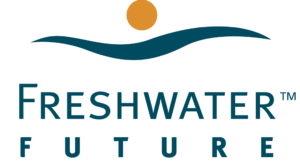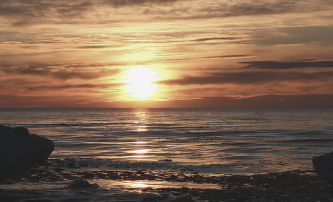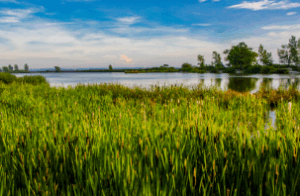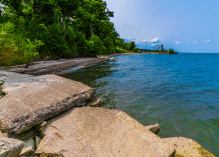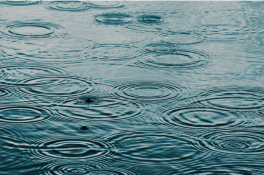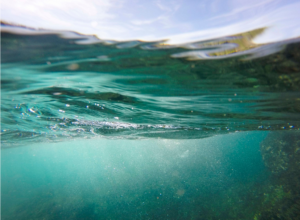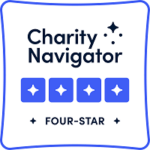Victory! U.S. Army Corps and Michigan Deny Permits for Proposed Marina at the Kalamazoo River Mouth
After a long-fought local campaign to protect Saugatuck’s coast, the U.S. Army Corps of Engineers and Michigan’s Department of Environment, Great Lakes, and Energy (EGLE) have denied permits for the proposed marina at the Kalamazoo River mouth. Due to concerns over adverse effects on cultural and natural resources, both agencies rejected the project. EGLE specifically highlighted significant adverse effects on the river and inadequate environmental impact assessments. After the marina’s previous permits expired in 2023, Freshwater Future grantees, the Saugatuck Dunes Coastal Alliance, organized local residents to voice concerns during the permit decision making process.
“It is impossible to overstate the importance of the Army Corps’ and EGLE’s decisions and the agencies’ assessment of the damage the marina would do to the public interest, livelihoods, lifeways, and recreational pursuits of those who live and visit here,” said Saugatuck Dunes Coastal Alliance co-founder and board president David Swan of the decision. Congratulations and great work to everyone at the Saugatuck Dunes Coastal Alliance!
Last Chance! Stand with Protect the Porkies: No State Funds for Sulfide Mine on Lake Superior
A proposed mine near Lake Superior and adjacent to the Porcupine Mountains State Park is seeking a $50 million grant from the Michigan Strategic Fund. The Michigan Strategic Fund deferred a decision on the grant at the January meeting, with board members stating concerns about the size of the investment and a lack of other investors. Freshwater Future has prepared a simple form for you to submit comments to the Michigan Strategic Fund board and leadership to share concerns about threats from the proposed mine. The deadline for comments is at noon on February 26th (before their next meeting on Tuesday, February 27th at 10 am). You can also sign up to give comments virtually at the meeting!
Read more in our blog post about Freshwater Future’s concerns about the resurgence of mining ventures in the Great Lakes region and threats to drinking water and aquatic ecosystems.
Native Freshwater Mussels Endangered
Freshwater mussels are an important part of the ecosystem. Mussels feed by filtering water, removing algae, bacteria, and other microorganisms, which also serves to purify the water. Native species like the snuffbox and rayed bean mussels have faced rapidly declining populations in recent decades due to the invasive quagga and zebra mussels, pollution, and habitat loss. A new initiative from the U.S. Fish and Wildlife Service aims to safeguard four mussel species including the rayed bean and snuffbox mussels, both found in the Great Lakes region. With a focus on protecting habitats, improving water quality, and public education, there is optimism for these small but mighty unsung heroes’ survival.
Snuffbox mussels are listed as endangered. U.S. Fish and Wildlife Service

Fighting Plastic Pollution: Banning Detergent Pods in New York City
New York City is moving to combat plastic pollution by considering restrictions on laundry and dishwasher detergents containing polyvinyl alcohol (PVA). Those laundry sheets and pods that boast being plastic free because of their cardboard containers? Check their ingredients for PVA – that’s just waste dissolvable plastic! A New York City Council Member proposed a bill that would prohibit the sale of detergent pods or sheets containing PVA due to its impact on aquatic ecosystems. Despite claims of PVA’s biodegradability, studies indicate that it contributes to microplastic pollution in waterways. Moreover, with PVA being found in oceans, glaciers, and even human bodies, the material poses potential health risks. If passed, this bill could set a precedent in the fight against plastic pollution, urging other municipalities to take similar action.
Spring Project Grants are Open! Does Your Water Group Need Funding?
The deadline for Freshwater Future’s Spring Project Grants is March 30th! These grants provide financial support for community groups working to promote drinking water, river, lake, shoreline, wetland, and groundwater protection in the Great Lakes Basin through grassroots advocacy efforts. Interested in applying? Call Freshwater Future staff to share more about your idea before submitting a project grant proposal. Contact Laurie Breighner, laurie@freshwaterfuture.org or (231)348-8200 ext. 1, to check your eligibility, help with your application, or to ask questions. You can learn more about our Spring Project Grants here and sign up to attend the Q&A Webinar on Thursday, March 14th from 12-1 pm Eastern Time.

